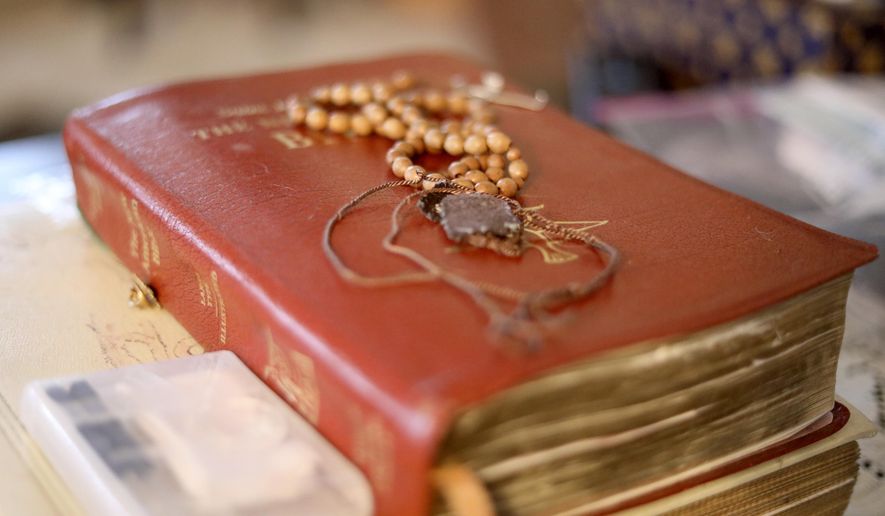Religious liberty advocates are expressing cautious optimism over an upcoming Supreme Court decision on the “ministerial exception” to employment laws, after the high court acknowledged a potential religious defense this week in ruling that employers cannot discriminate against their LGBTQ workers.
Eric Rassbach, vice president and senior counsel at the religious liberty law firm Becket, pointed out that the majority opinion and both dissenting opinions in Monday’s ruling noted “the ministerial exception and one of them specifically mentioned the Our Lady of Guadalupe case.”
In Our Lady of Guadalupe School v. Morrissey-Berru, Becket is representing two California churches that did not renew the contracts of lay teachers by declaring them to be “ministers” whose employment is exempt from governmental protections. The Supreme Court heard arguments in the case by telephone in May.
“We are hopeful that in Our Lady of Guadalupe the Court will find that the ministerial exception applies to teachers of the faith at Catholic schools,” Mr. Rassbach said.
Other religious liberty advocates said that Justice Neil M. Gorsuch, the Trump appointee who wrote the majority opinion in Monday’s 6-3 ruling in Bostock v. Clayton County, appeared to go out of his way to highlight religious rights guaranteed by the Constitution.
“We are grateful that the Supreme Court was clear in the opinion that this federal statute does not overrule peoples’ religious freedoms,” said Kelly Shackelford, president of First Liberty Institute. “We will find out in the very near future whether this is a hollow promise or a truthful assurance that the religious liberty of all Americans will be protected.”
“Unless I’m reading the tea leaves wrong (and I could be!), SCOTUS will likely expand the reach of the ministerial exemption, allowing religious institutions to functionally define which employees are exempt from nondiscrimination law,” tweeted religion and law writer David French.
In the landmark Bostock ruling, the Supreme Court said that employers cannot discriminate against workers on the basis of their sexual orientation or gender identity. Justice Gorsuch wrote in the majority opinion that Title VII of the Civil Rights Act of 1964, which bans workplace discrimination based on sex, also protects LGBTQ workers.
Attorneys point out that Bostock did not feature a religious liberty defense and that Justice Gorsuch also wrote that “how these doctrines protecting religious liberty interact with Title VII are questions for future cases.”
In his 107-page dissent, Justice Samuel A. Alito Jr. addressed the question of whether a Christian school would be liable for an employee lawsuit.
“Thus, if a religious school teaches that sex outside marriage and sex reassignment procedures are immoral, the message may be lost if the school employs a teacher who is in a same-sex relationship or has undergone or is undergoing sex reassignment,” Justice Alito wrote.
The court is expected to release its ruling in Our Lady of Guadalupe v. Morrissey-Berru before adjourning for the summer.
• Christopher Vondracek can be reached at cvondracek@washingtontimes.com.




Please read our comment policy before commenting.